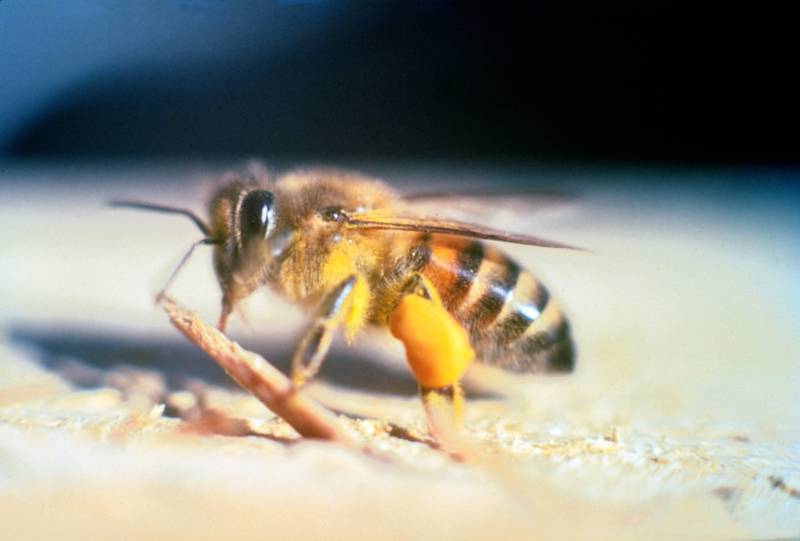State DNA testing on bees that struck fear into a Concord neighborhood earlier this month -- and actually killed a couple of small dogs -- show that the insects were likely not a hybridized version known to attack when threatened.
The state Department of Food and Agriculture reported Monday that the bees' mitochondrial DNA, which carries genes inherited from an organism's maternal lineage, showed no sign the insects were hybridized.
The Concord bees attacked after a hobbyist beekeeper moved their hive. That behavior is a hallmark of the hybridized "killer bees" that have descended from a 1956 effort in Brazil to cross European honeybees with honeybees from southern Africa.
The episode led Concord police to tell pedestrians to avoid the 3800 block of Hitchcock Drive and to advise residents and drivers to keep their windows closed until the bees were controlled.
The ferocity of the attacks in the neighborhood, along with the discovery of a single hybridized bee near Lafayette in 2014, raised concern that killer bees had gained a foothold in Contra Costa County. The bees are already well established in parts of Southern California, where they arrived in the early 1990s.
